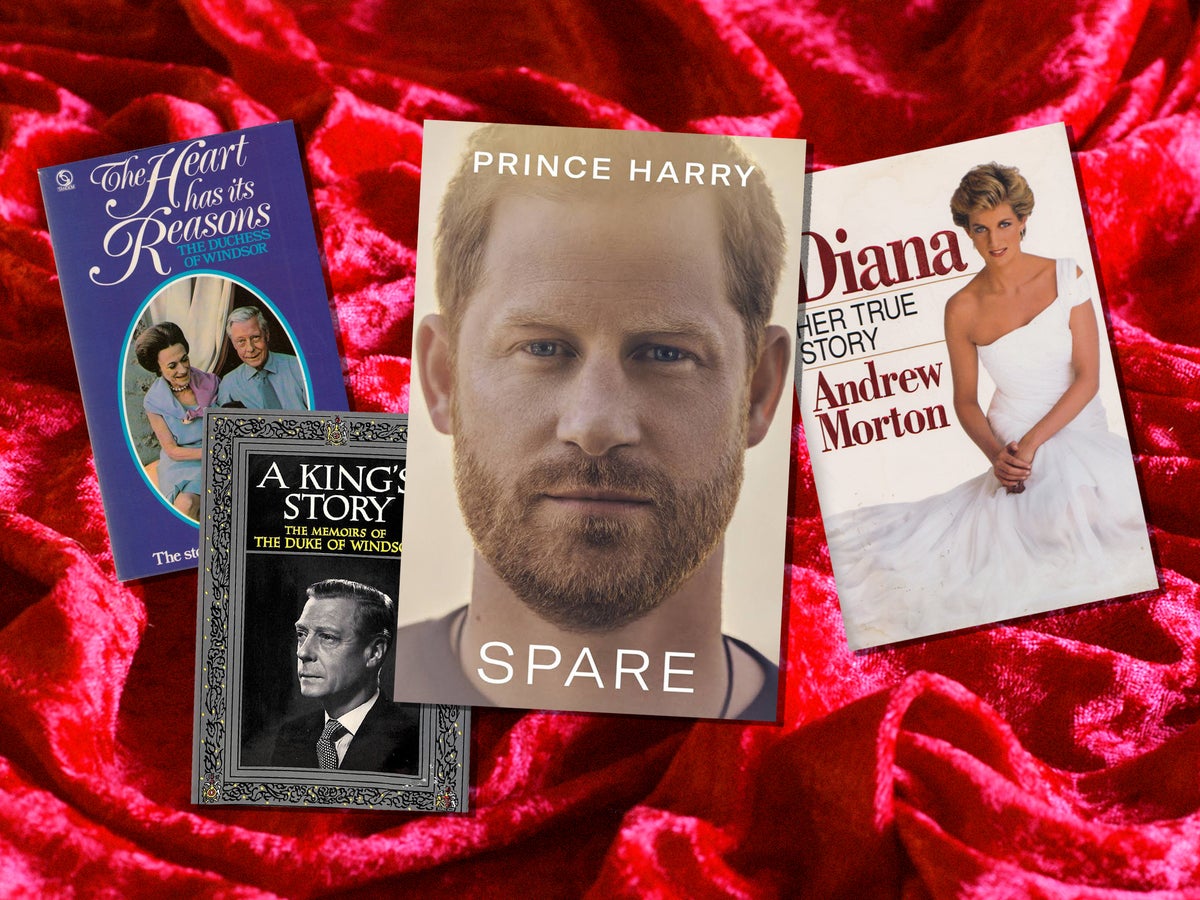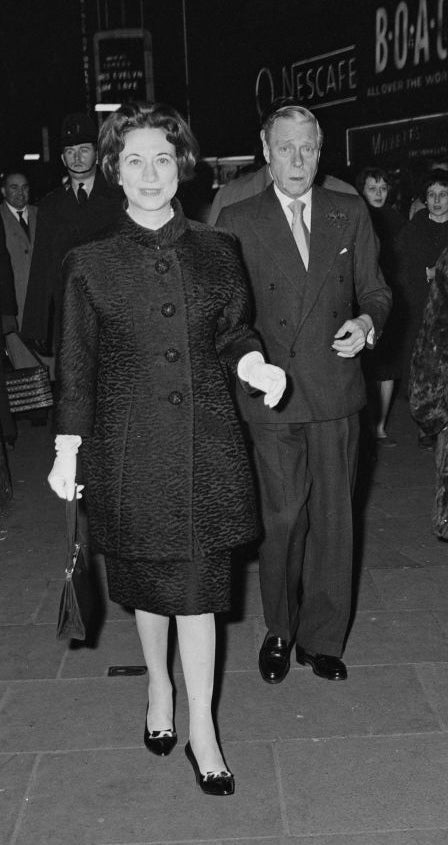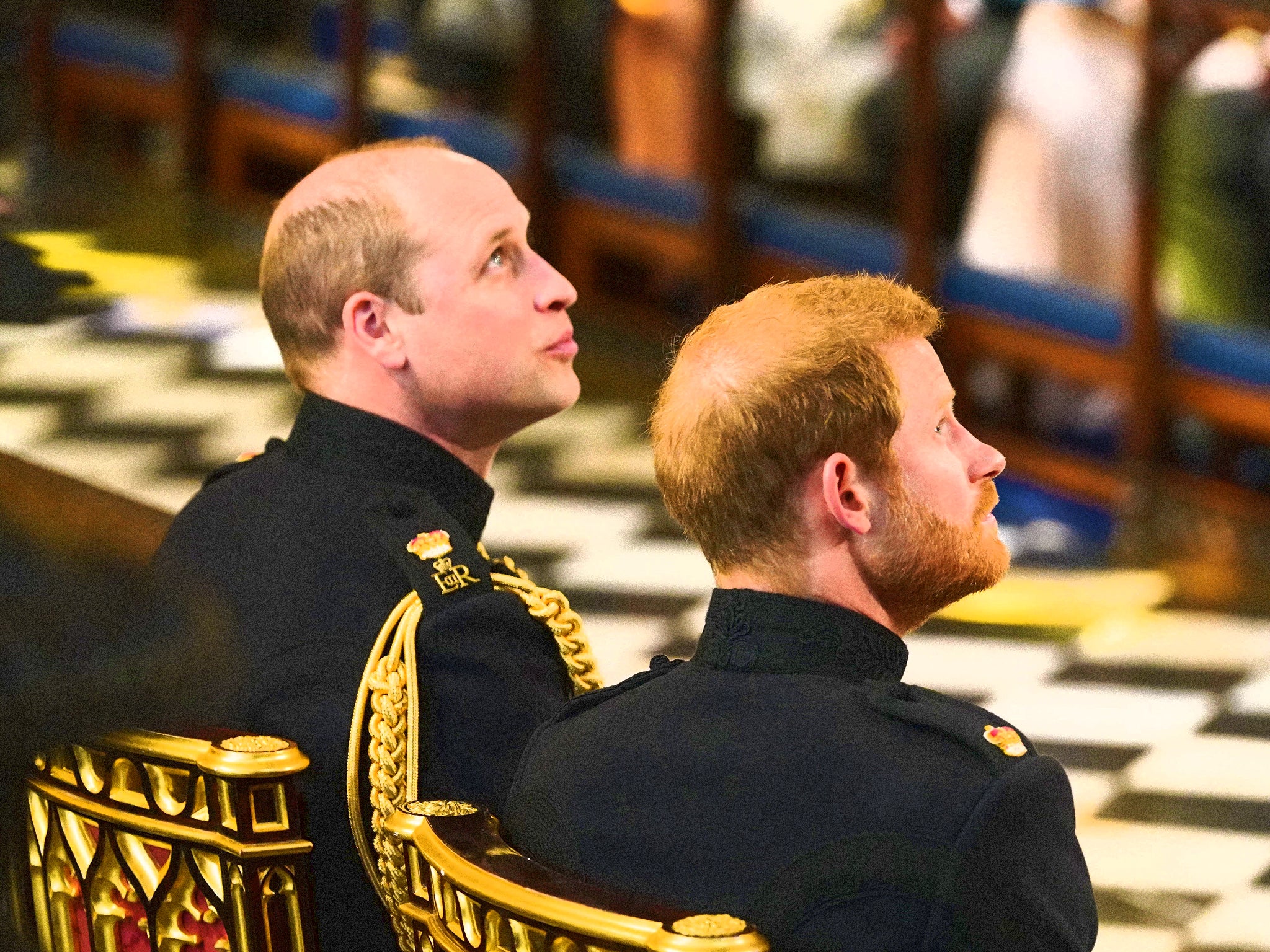
When Prince Harry releases his memoir Spare this week, he won’t be the first royal to offer up personal history for public consumption. As far back as the 19th century, Harry’s forebears have shared carefully curated dispatches from behind palace doors – prompting varying degrees of controversy as they did so.
It began with Queen Victoria, who published innocuous, calculatedly relatable insights into life as a royal widow in 1868’s Leaves from the Journal of Our Life in the Highlands. Hardly bombshell stuff, but the follow-up book raised eyebrows for being dedicated to servant John Brown, hailed by the Queen as “my devoted personal attendant and faithful friend”. For Victoria’s subjects, this was pretty spicy – her eldest son, the future Edward VII, called the book’s publication “insanity”.
What would he have made of Diana: Her True Story, released just over a century later in 1992? Andrew Morton’s game-changing book showed that the royal tell-all could be an indispensable tool for a savvy media operator. Chronicling the Princess of Wales’s mental health struggles and fraught marriage with unprecedented frankness, it helped cement Diana’s public persona as open, authentic, vulnerable – and shifted public opinion firmly in her favour. The Princess closely collaborated with Morton but shrewdly never met with him, instead taping answers to his questions and using friend James Colthurst as a go-between. This was a win-win: Diana could freely tell her story, while retaining a degree of plausible deniability.
By his own reckoning, Harry is his “mother’s son”, and if leaked excerpts are anything to go by, Spare will be another literary grenade lobbed at The Firm. But parallels with another renegade royal memoirist are just as enlightening. Seventy years before Harry’s multi-million deal with Penguin Random House, his great-great uncle the Duke of Windsor unveiled his own hardback tome: in it, he promised to detail why he left the palace to live abroad with his American wife. Ring any bells? Published in 1951, A King’s Story chronicled the former Edward VIII’s royal childhood, his brief stint on the throne and ultimate decision to leave it behind and marry divorcée Wallis Simpson.
When the Duke was approached in the late 1940s by media magnate Henry Luce about writing a few reflections on his early life, he was facing a flurry of negative headlines. There was his pre-war meeting with Hitler, his failed attempts to secure an official role in America, and an ongoing cash-flow problem. Swayed by the knowledge that Winston Churchill had worked with the same publishers, and that he’d be paid handsomely, he agreed.
Eventually, four essays became a fully-fledged book. His ghostwriter, American journalist Charles JV Murphy, would later claim that the Duke had hoped to claw back some relevance. “To restore the luster of his reputation, to assure that his side of the story was presented fairly, and to regain some measure of his self-respect, he decided to write an apologia, although it would be disguised as his autobiography,” the introduction to Murphy’s 1979 book The Windsor Story, co-written with Joe Bryan, reveals.
The title was, like Spare, considered pretty inflammatory. Courtiers thought the Duke had no right to use the word “King”. Now, they fumed, he was capitalising on his discarded status for personal gain. Harry may be dressed down in a T-shirt and necklace on his cover shoot, worlds away from his forebear’s suited-up formality, but debates about the monetisation of royal life don’t seem to have changed much since the Fifties. Discussing an influx of letters condemning the Duke’s book, the King’s private secretary Tommy Lascelles told civil servant Denis Rickett: “All of them express disgust at a former King of England selling for money his recollections of his family life, in a form that is indecent and for a motive that is squalid.”

The Duke hoped that, by writing 15 years after his abdication, the “political passions” aroused by “the most historically controversial aspect of my career” would have “long since cooled”. But, as with Harry’s book, reportedly postponed in the wake of the Queen’s death, the timing became contentious for reasons largely beyond his control. The release coincided with a period of serious ill health for the actual King: in King Edward VIII, biographer Philip Ziegler reveals that Churchill urged the duke to cancel promotional engagements, advising against a potential PR nightmare.
A King’s Story features some frank opinions on the royals’ hands-off approach to child-rearing (“I have often felt that despite his undoubted affection for all of us, my father preferred children in the abstract”) and details his love for the married Mrs Simpson. But to a modern reader conditioned by a constant news cycle of increasingly outrageous celebrity tell-alls, it is almost entirely innocuous.
The Duke’s pre-Wallis reputation as a playboy prince goes unmentioned, and their extra-marital romance is spun into fairytale, with some lame attempts at screwball comedy (the Duke was first intrigued, he writes, when Wallis batted away his extremely weak jokes about American central heating). Most striking is the lack of recrimination: the book is measured, even warm in its portrayal of most major players (apart from prime minister Stanley Baldwin). It is not about settling scores, or shouting “needless to say, I had the last laugh”, Partridge-style.
Courtiers still fumed and critical response was mixed (The Economist branded it “most dignified, objective and historically valuable”, while The Observer’s reviewer thought that “the hero emerges as rather a pathetic figure”). But, crucially for the Duke’s bank balance, the public lapped it up. A King’s Story was on the bestseller lists for seven months, and – according to Traitor King author Andrew Lownie – earned more than £300,000, worth around £9.6m today.
It proved so lucrative that Wallis soon set about writing her own memoirs, initially in collaboration with Murphy, although the pair would clash as the Duchess urged him to adopt a lighter, more gossipy tone. Another writer, Cleveland Amory, was brought on board, but was released from his duties “after frequent disagreement”, according to a report in The Times (which claimed that the couple were affronted by his proposed title, Untitled – it must have touched a nerve).
For Wallis, whose reputation was even more tarnished than her husband’s (thanks to the lingering rumours about her political sympathies, as well as plain misogyny), rehabilitation through narrative would be an even bigger task. 1956’s The Heart Has Its Reasons would not sell as well as her husband’s efforts (shifting 26,000 copies in America, in comparison to the Duke’s 120,000, according to Lownie). Still, the Manchester Guardian, hardly a bastion of royalism, wrote that “this book explodes one myth … namely that the Duchess was a designing and ambitious woman”.

Unlike Edward and Wallis’ efforts, Harry’s has been preceded by a multi-media barrage of podcasts and documentaries, each bringing new, explosive anecdotes. But the traditional memoir still carries serious symbolic heft, allowing a man previously constrained to soundbites to tell “his truth”, unmediated by the press he so dislikes – all within an elevated, literary form.
Of course, as with every memoir, intimacy and authenticity will be cleverly stage-managed, and Harry’s choice of ghostwriter speaks volumes about the type of story he wants to tell. Like his great-great uncle, he has worked with an American journalist: JR Moehringer is the Pulitzer Prize-winner who helped craft Open, the searingly honest autobiography from tennis star Andre Agassi, which charted the pro’s strict upbringing, his fraught relationship with his father and how he grew to hate the tennis world “with a dark and secret passion”. Sound familiar?
Open is not a puff piece; it’s an odyssey. If leaked excerpts from Spare are anything to go by, it seems Harry and Moehringer have created a similarly frank narrative heavy on emotions. Much like the Prince’s recent Netflix series, it’s likely to chime with a younger audience, who have been brought up on the confessional voice of reality TV and aren’t alienated by therapy speak.
Could a memoir bring down the house of Windsor? The minor revelations contained in Edward and Wallis’ books, despite the initial pearl clutching, certainly didn’t. If anything, they provided yet more fuel for the myth-making that sustains the royals. The confessions in Spare are similarly unlikely to unseat Harry’s family, but they will almost certainly colour public perception for years to come. Perhaps it’s still worth bearing in mind Virginia Woolf’s verdict on the memoirs of another of Harry’s ancestors, Queen Marie of Romania: “Words are a dangerous thing, let us remember. A republic might be brought into being by a poem.”







